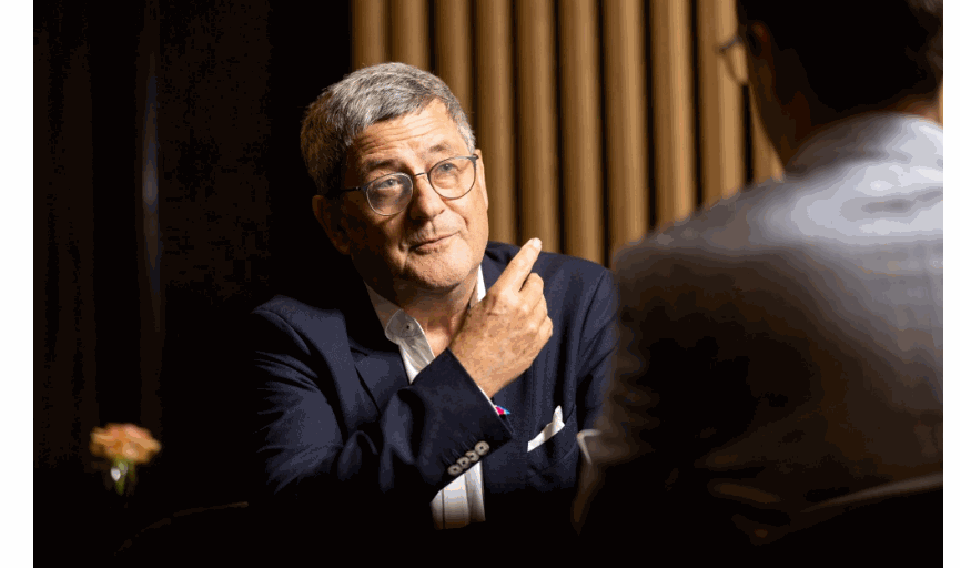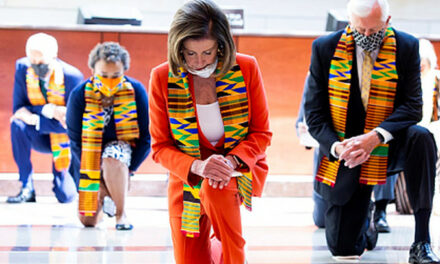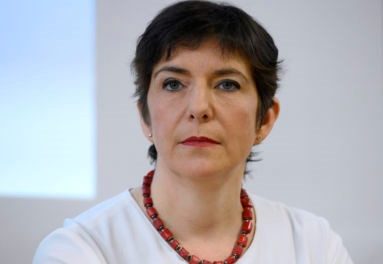"The Germans now want European solidarity, and solidarity always means I'm poor, so I'm taking something from you." The founder-editor of the liberal-conservative newspaper Tichys Einblick was also asked about media bias, the German energy crisis, the collapse of the CDU and Hungary's position in the EU at the MCC Festival.
Mr. Tichy, you run one of the few readable German media. How do you feel in the German media space, how do you see the German media and your own role in it?
The spectrum of opinion in the German media space has narrowed significantly over a roughly twenty-year period. A colleague from the left-wing radical Süddeutsche Zeitung once self-critically called this "voluntary Gleichschaltung". It should be known that the Gleichschaltung was the method by which Goebbels bound journalists in the Third Reich. "Voluntary Gleichschaltung" is an interesting concept in this sense, because it shows that journalists, for some reason - about which we can only speculate - began to work in the same direction of their own free will, without comparison to themselves or the profession. This voluntary Gleichschaltung has only grown stronger in recent years.
I'm not happy about it, but it's going well for me because it gave me the opportunity to start a business in an industry that would otherwise require a lot of money, which I don't have. There is a saying from the fifties, when the conservative publisher of the Frankfurter Allgemeine Zeitung said that German press freedom is the freedom of a few very rich families.
I am not one of them, yet I managed to found a neat little business by narrowing the spectrum of opinions in this way. I feel good there when I'm in a good mood. But, of course, there are also days when I'm sad or depressed, because of course the hostility towards people is enormous. After all, something else was added to this Gleichschaltung, which can be called the punishment of the outsider: silence, aggressive scolding, slander, attempts at economic impossibility. So it is very difficult to have a different point of view in Germany - but it is possible and I find joy in it.
This question has been bothering me for a long time: Germany practically gave in to the sanctions policy. The resistance he once showed to energy sanctions has faded. Meanwhile, already in the first days of the war, leading journalists such as Anne Will or Markus Lanz asked questions such as "does this mean that we will no longer buy a single cubic meter of Russian gas, right?" This begs the question: how much is Germany's bow to the press?
This is – as usual – a basic attitude characterized by a low level of intellectual understanding of problems. The first, decisive step was taken by Angela Merkel, who turned off the nuclear power plants down to the last little remnant, and since that is not enough, the coal power plants as well. But since we still need some kind of energy, he got this additional energy from Russia.
When they talk about renewable energy in Germany, they mean Russian gas - because the sun doesn't shine at night, and in winter, which is terribly long and cold in Germany, neither the sun nor the wind add to the energy supply to a significant extent, beyond 1-2 percent . All this is supplemented by Russian gas, and before the war the plan was to increase this balance with 50-60 additional gas power plants. In other words: they are massively narrowing the energy spectrum to Russia.
This is new in German history, since in the past the credo of energy policy was to not become dependent, but to remain independent through the diversity of suppliers: let oil come from Saudi Arabia, Venezuela, coal from Australia, Colombia or from our own extraction, let us have our own gas, nuclear energy... All this was wildly reduced in favor of Russian gas. If we also say that we don't buy a single cubic meter of gas, it means that the lights go out in Germany. This in itself is a ridiculous claim, there is nothing political, nothing economic about it. Anyone who makes such statements is practically only making statements worthy of ridicule in the "bullshit" category.
Read the full Mandiner article
Author: Mátyás Kohán
Picture: Márton Ficsor
.












